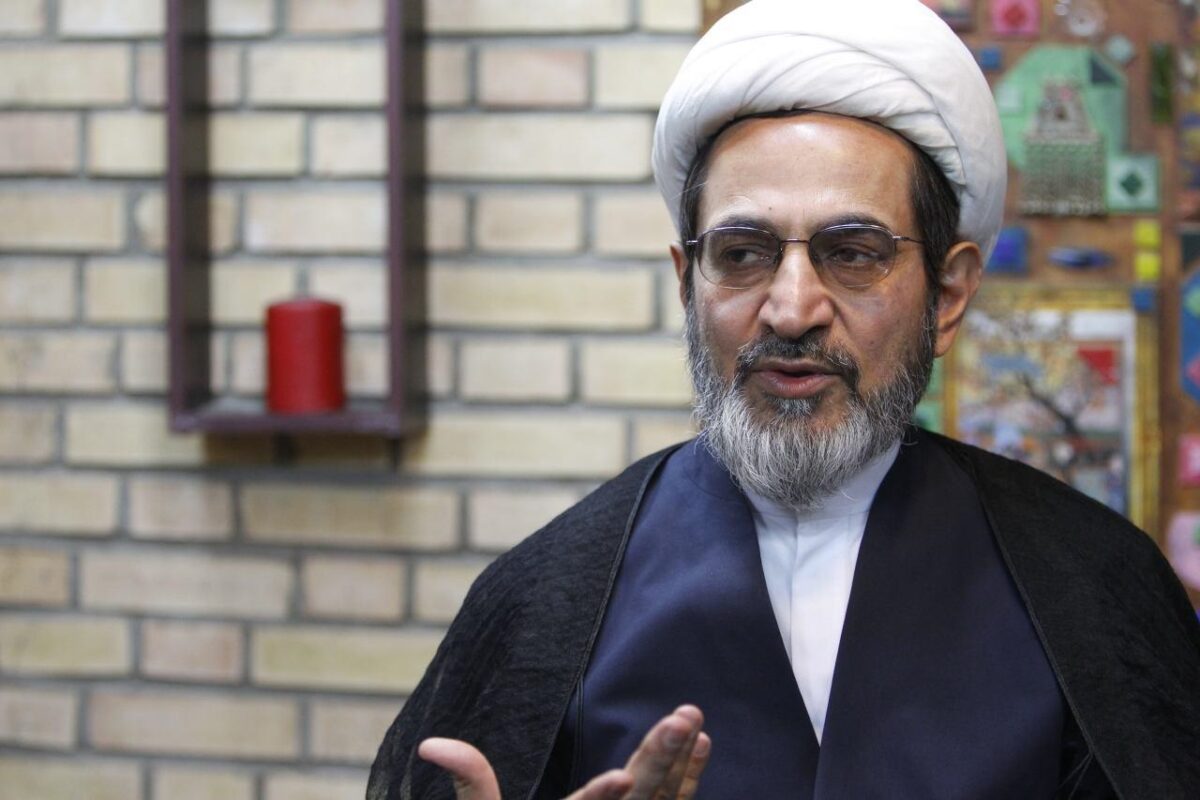In early March, 2009, the kingdom of Morocco suddenly cut off its diplomatic relations with Iran arguing that Tehran’s policies towards Rabat are unacceptable. After a new Iranian government was sworn in and following the negotiations held between foreign ministers of Iran and Morocco, the two countries agreed to reopen embassies. Iran’s ambassador to Rabat started work in 2014. Morocco, in turn, introduced its new ambassador to Iran a short while ago.
Sending an ambassador to Iran at this point is worth further discussion. Khabar Online has recently had an interview with Mohammad Masjed-Jamei who once was Iran’s ambassador to Morocco from 2003 to 2005.
During his farewell ceremony, Moroccan king bestowed the Order of Ouissam Alaouite to Masjed-Jamei because of his activities in the development of bilateral relations. Order of Ouissam Alaouite is the highest badge of Morocco.
Here is IFP’s translation of the interview:
How do you evaluate the recent news on the reopening of Morocco’s embassy in Iran and the normalization of relations between the two countries?
Shortly after the Arab Spring broke out, King Abdullah of Saudi Arabia expressed the desire that the countries which operate under a monarchy join the [Persian] Gulf Cooperation Council.
Saudi Arabia was mostly focused on Jordan and Morocco. Jordan became excited and accepted the offer without hesitation; however, Morocco approached it with caution. Saudi Arabia has waged a brutal war against Yemen; it is so barbaric that even its allies have voiced criticism. Therefore, it seems that some countries, including Egypt, are trying to keep distance from Riyadh.
In international equations, Morocco usually takes steps circumspectly, and this is not limited to the king only; its people are cautious too.
Morocco introduced its ambassador to Iran at a time when Saudis have tensions with Egypt and their bombing of civilians in Yemen has caused much criticism even by the UN Secretary General. Given the unfortunate condition, it seems that Morocco has deemed it necessary to keep distance from Saudis and their coalition.
How are things like in Morocco? Is there a consensus on foreign policy? Given the rule of a monarchy in this country, are there any opposing views?
Morocco is inherently a complicated country and multiple decision-making centres have a say in its policies. It is so much different from other North African countries, even from Tunisia. There are two mainstream groups; one of them advocates the Francophone ideas and have a tendency towards Europe.
They believe that Morocco’s prosperity and growth entail cooperation with Europe. There are many reasons for that. One is the large number of Moroccan immigrants living in Europe. Another reason is the semi-institutionalized trade and economic relations with Europe, either in tourism or agriculture, either with southern Europe or with the entire Europe.
Another point is that they wish for the quasi-European stability, especially when they witness unrest and war in Mashriqi Arabic (Eastern Arabic) every single day.
On the other hand, there is a group who looks up to the East and by East they mean Mashriqi Arabic. They have a penchant to strengthen ties with Eastern Arabic countries, especially the Persian Gulf states.
Foreign, trade, and economic policies in Morocco are formed through integrations of ideas between these two opposite poles.
The Francophone advocates frown upon the development of relations with Arabic countries. During the years of 2004 and 2005, when Qatar invested heavily in Rabat, the Francophone media outlets criticized it as being at odds with the future of their country.
Between the two opposite poles in Morocco, which one supports ties with Iran?
Iran is not categorized as Arabic or East Arabic countries. Not only Iran is not an Arabic country but also it has tensions with some of them. Therefore, developing ties with Iran is presently in line with the Francophone ideas.
Relations with Iran is like a counterbalance that controls the depth of relation with Mashriqi Arabic. It is a specific country that many governments in the world either lose or win points by approaching to or keeping distance from it. Rabat can adjust its relations with Arab countries by approaching to Tehran.
